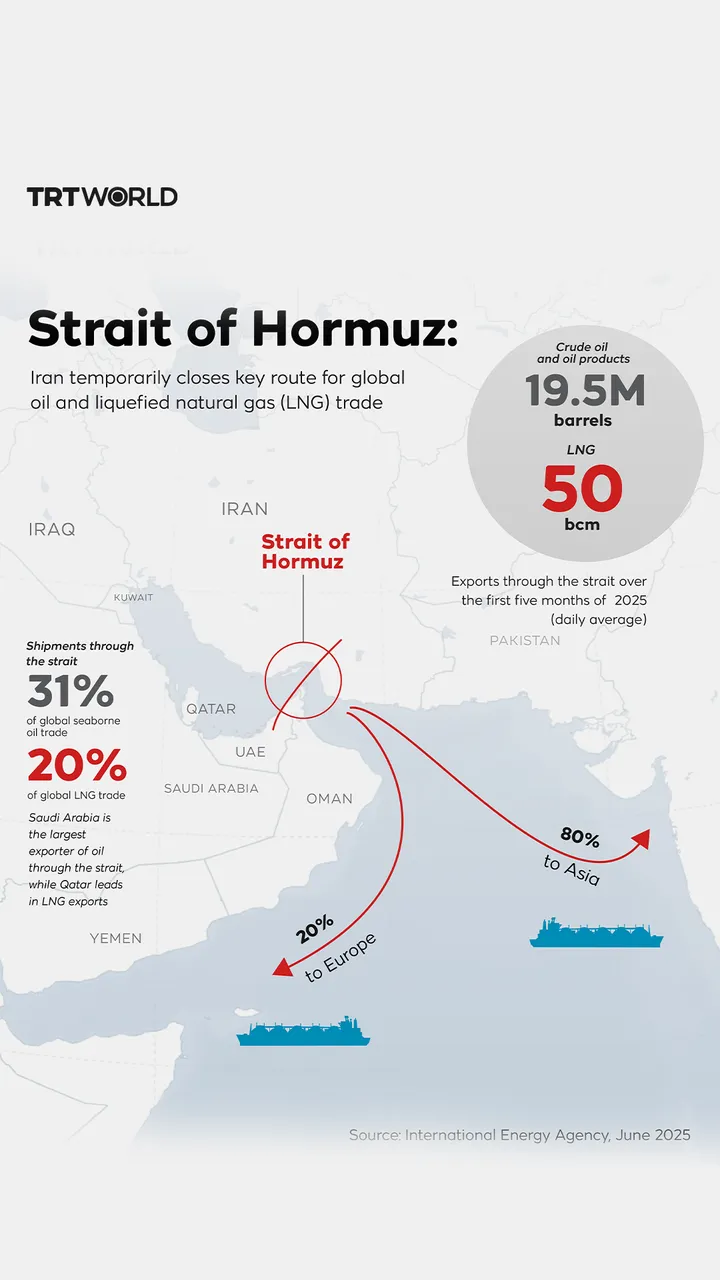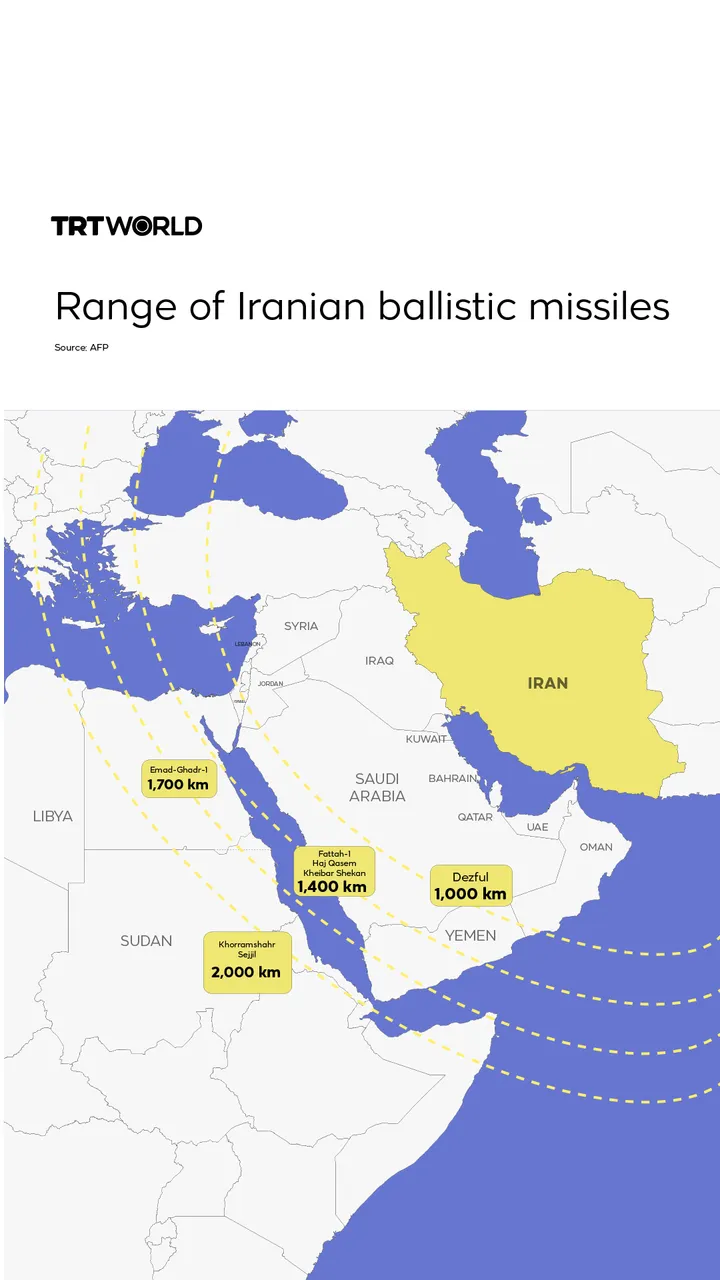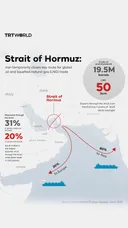Lebanese women banged pots and pans from their balconies in Beirut on Thursday to voice a resounding rejection of domestic violence.
Reports of domestic violence in the Mediterranean country have surged after a nationwide lockdown forced families to largely stay at home.
"This month there have been more than 230 (distress) calls so far, which is double the number (for the same period) last year," said Ghida Anani, the director of Abaad rights group.
As the echoes from banging on the pots filled neighbourhoods, some women hung up banners from their balconies.
"Lockdown not lockup," one banner read.
Other banners pointed women to a phone number that they can call for help.
Anani said the Lebanese government "has not made violence against women a priority."
But Abaad has worked with multiple UN agencies to present the government with a plan to combat domestic abuse.
"We are asking the cabinet to adopt alternative steps to offer life-saving services for women in Lebanon," Anani said.
Reports on domestic violence across Lebanon in 2016 showed that 44 percent of Lebanese people know a victim of domestic abuse.
These numbers are still high considering the Lebanese parliament introduced a law aimed at protecting women and families from domestic violence and physical abuse in 2014.
In Lebanon, rights organisations have heavily campaigned against the social stigma that domestic abuse victims often face.
They have also been demanding that the already existing domestic protection law be properly enforced.
The spike in reports of domestic violence is not just affecting Lebanese women, but is part of a global trend driven by virus lockdowns.
According to media reports, calls to online services and domestic violence cases have increased in the United States; gender-based violence cases doubled in India during the first week of restricted movements; the killing of women has surged in Turkey since the government advised people to stay home March 11, and almost 90,000 reports of gender-based violence were reported in South Africa during the first week of its lock-down.
In addition, the Australian government reported a 75 percent increase in online searches for support on domestic violence, and a French minister said domestic violence rose 32 percent across France and 36 percent in Paris in one week, according to the media reports.
Earlier this month, UN Secretary-General Antonio Guterres said there has been "a horrifying global surge in domestic violence" as fear of the coronavirus has grown along with its social and economic consequences.























